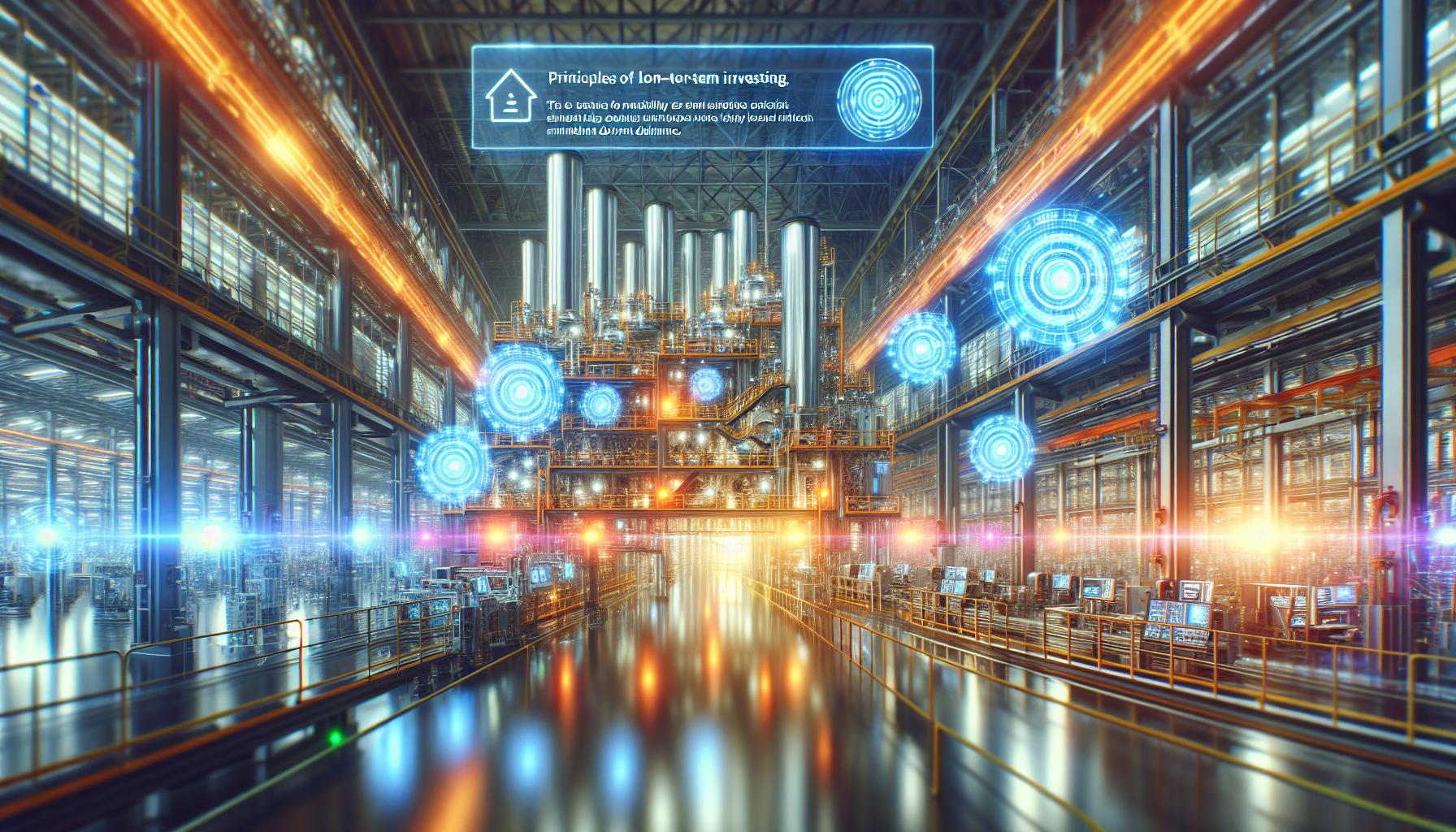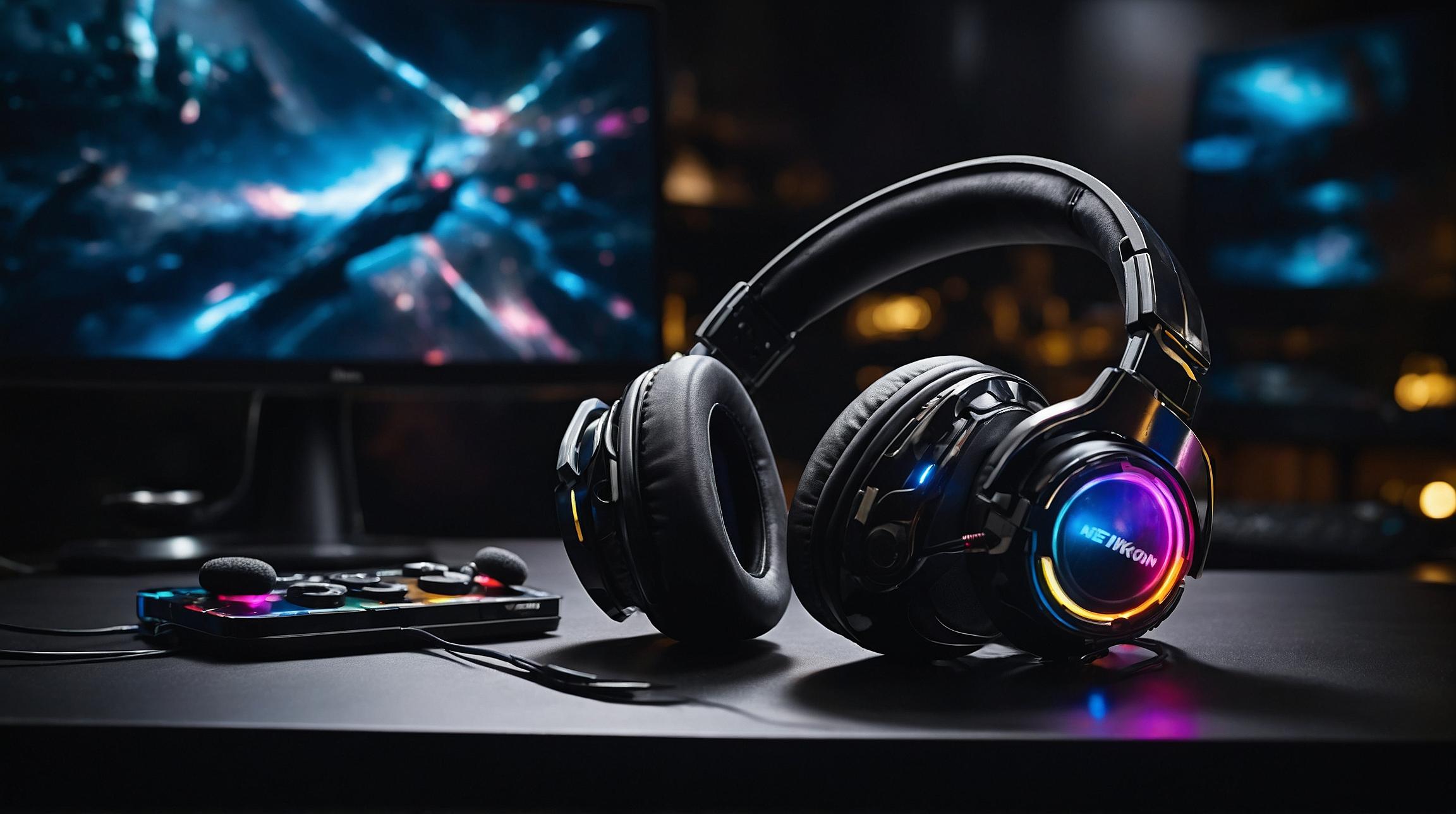The Impact of Artificial Intelligence on Manufacturing: A Game Changer for the Industry
Artificial Intelligence (AI) has emerged as one of the most exciting and transformative technologies of our time. Its impact is being felt across various industries, with manufacturing being no exception. AI technology is revolutionizing the way products are made, improving efficiency, boosting productivity, and enhancing overall profitability.
Understanding the Role of AI in Manufacturing
In the manufacturing industry, AI is being used to automate processes, analyze complex data, and make intelligent decisions. Machine learning algorithms enable AI systems to learn from vast amounts of data, identify patterns, and make predictions, allowing manufacturers to optimize production and resource allocation. This technology helps manufacturers streamline operations, reduce costs, and improve quality control, ultimately increasing customer satisfaction.
Enhancing Efficiency and Productivity
AI-powered robots and automation systems have the ability to perform repetitive tasks with speed, precision, and consistency. By taking over labor-intensive jobs, AI technology frees up human resources to focus on more creative and complex tasks. This translates to increased efficiency and productivity, as machines can work tirelessly without the need for breaks or rest. With AI-powered systems, manufacturers can achieve higher levels of output, leading to improved profitability.
Improving Quality Control
Quality control is crucial in manufacturing industries, as even the smallest defects can result in significant losses. AI systems can analyze vast amounts of product data in real-time, identifying potential issues and anomalies. This enables manufacturers to take corrective actions immediately, reducing the risk of defective products reaching the market. By automating quality control processes through AI, manufacturers can ensure consistent and high-quality products, leading to higher customer satisfaction and brand loyalty.
Predictive Maintenance and Minimizing Downtime
One of the most significant advantages of AI in manufacturing is its predictive maintenance capabilities. AI systems can monitor equipment and machinery in real-time, analyzing data to predict when maintenance or repairs are required. By identifying potential issues before they occur, manufacturers can schedule maintenance proactively, minimizing downtime and avoiding costly breakdowns. This predictive maintenance approach helps reduce maintenance costs, optimize equipment lifespan, and improve overall operational efficiency.
The Future of Manufacturing with AI
The integration of AI technology in the manufacturing industry is set to transform it even further in the future. With advancements in machine learning algorithms and robotics, AI systems will become more intelligent and capable of performing complex tasks. The implementation of AI-powered smart factories will revolutionize the entire manufacturing process, enabling seamless automation, real-time data analysis, and intelligent decision-making. As AI continues to evolve and become more accessible, manufacturers who embrace this technology will gain a competitive advantage in the market.
In conclusion, the impact of AI on the manufacturing industry cannot be overstated. From improving efficiency and productivity to enhancing quality control and minimizing downtime, AI technology is revolutionizing traditional manufacturing practices. As this technology continues to advance, manufacturers who embrace AI will be well-positioned to thrive in the ever-evolving competitive landscape.
Analyst comment
This news can be evaluated as positive news. As an analyst, I predict that the market for AI in manufacturing will grow significantly as more companies embrace the technology to improve efficiency, productivity, quality control, and minimize downtime. Manufacturers utilizing AI will have a competitive advantage in the market and will thrive in the evolving landscape.













